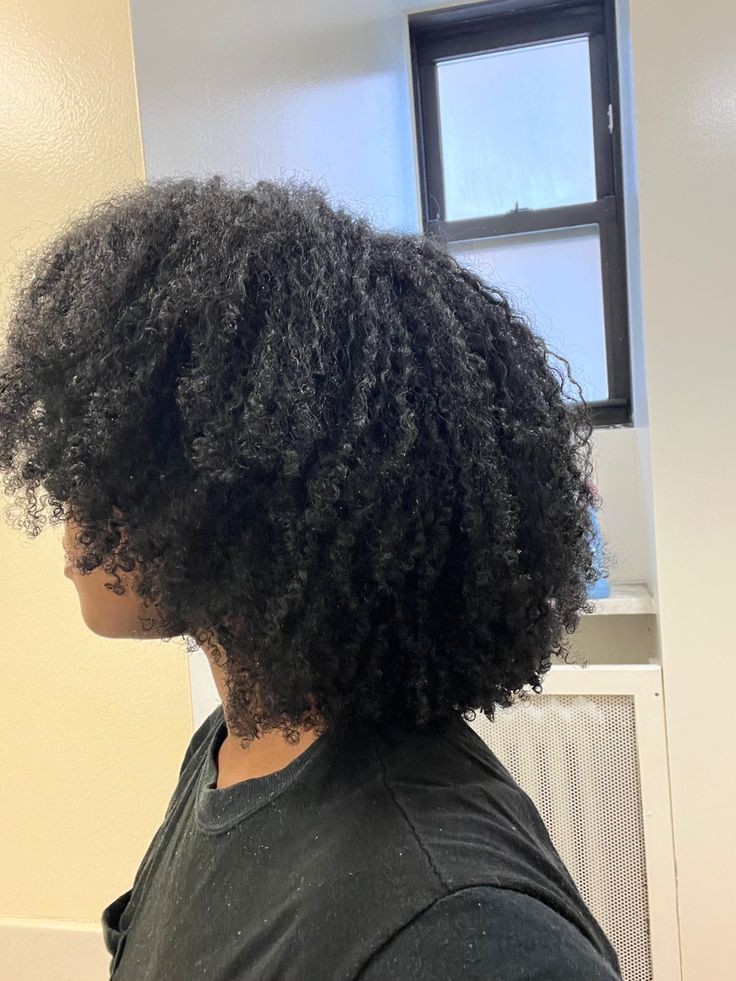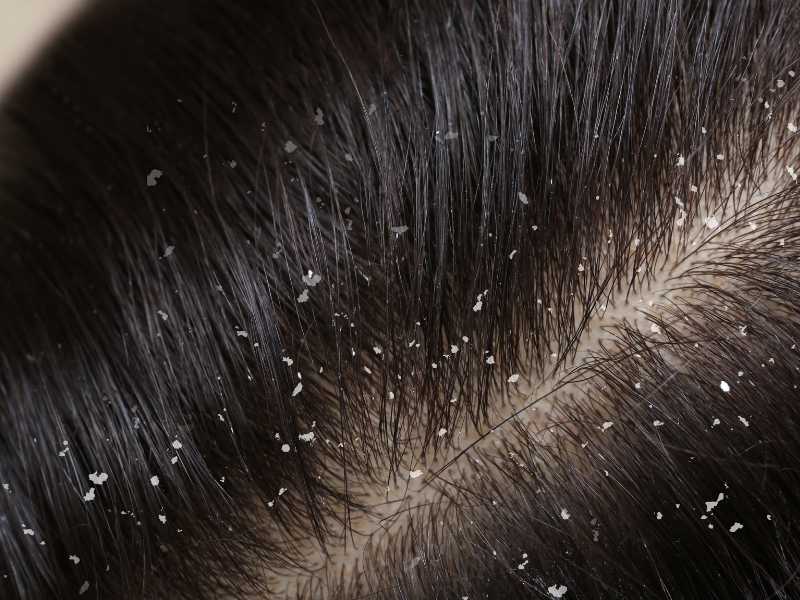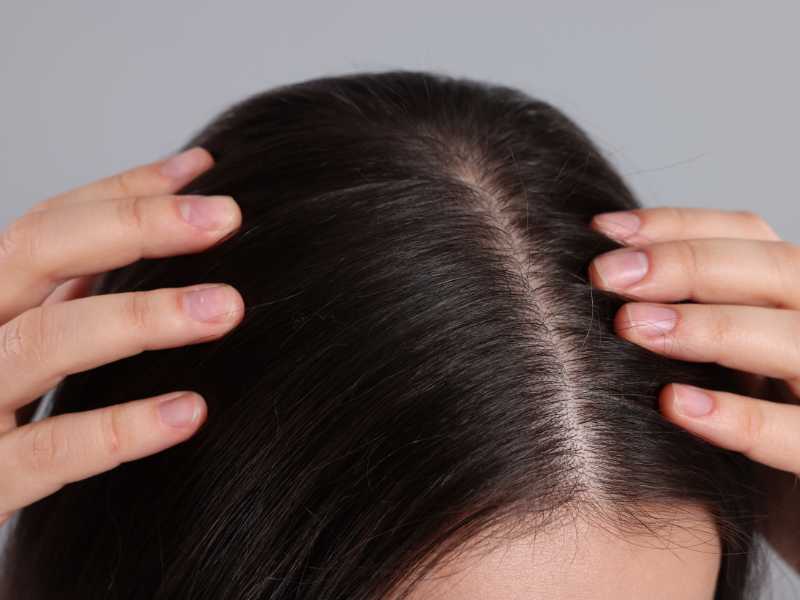This post shows you the Best hair oils for natural hair.
When it comes to natural hair care, choosing the right oils can be confusing. Asking someone else what the “best oils” are for natural hair often brings mixed answers because “best” can mean different things to different people.
For instance, are you looking to boost hair growth, keep moisture, or just add shine? Each oil has unique benefits, and since everyone’s hair is different, a one-size-fits-all answer doesn’t work.
Instead of asking, “What’s the best oil for natural hair?” it’s more helpful to understand what makes an oil beneficial. Knowing why certain oils work for specific needs gives you the power to pick the best one for your hair type and goals. Let’s break down the basics of hair oils and learn which might work best for your natural hair journey.
THE BEST HAIR OILS FOR NATURAL HAIR
Why Use Oils on Natural Hair?
Oils play a big role in natural hair care. Here’s why:
1. Moisture Retention:
Oils help lock in moisture, keeping hair hydrated and less prone to breakage.
2. Protection:
Some oils create a barrier against the environment, shielding hair from pollution, heat, and even excessive styling.
3. Nourishment:
Plant-based oils contain vitamins and nutrients that can promote scalp health and support hair growth.
Types of Hair Oils: Petroleum-Based vs. Plant-Based
Not all oils are created equal. They come in two main types: petroleum-based and plant-based oils.
1. Petroleum-Based Oils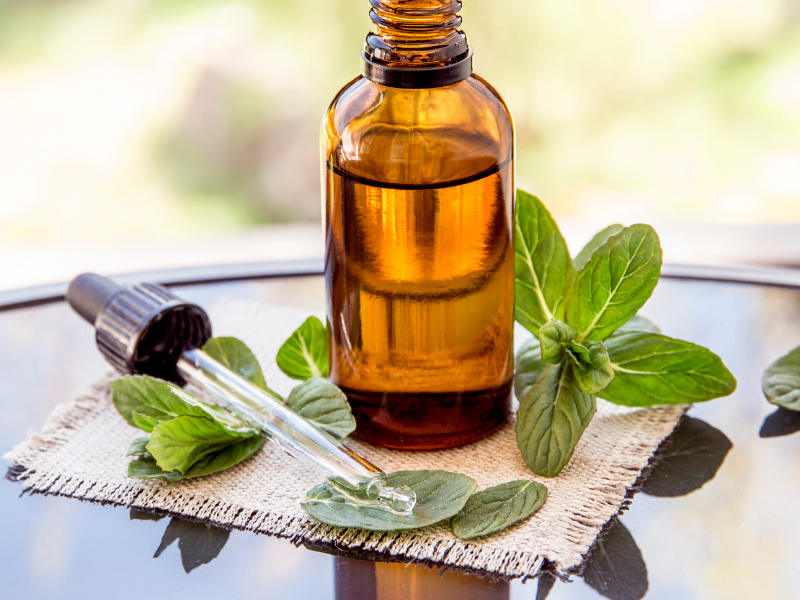
These oils, like mineral oil and petroleum jelly, come from crude oil. Many popular hair products use them because they’re cheap and effective at sealing in moisture. You’ll find these in baby oil and hair lotions. They act as a moisture barrier but don’t nourish the hair or scalp.
Pros:
Great for locking in moisture (if you’ve already moisturized your hair).
Affordable and accessible.
Cons:
Sit on top of hair without providing nutrients.
Can cause buildup, especially if you use silicone-based products frequently.
Bottom Line:
Petroleum-based oils are fine for sealing in moisture but don’t actually nourish the hair. They can even lead to buildup if used too much.
2. Plant-Based Oils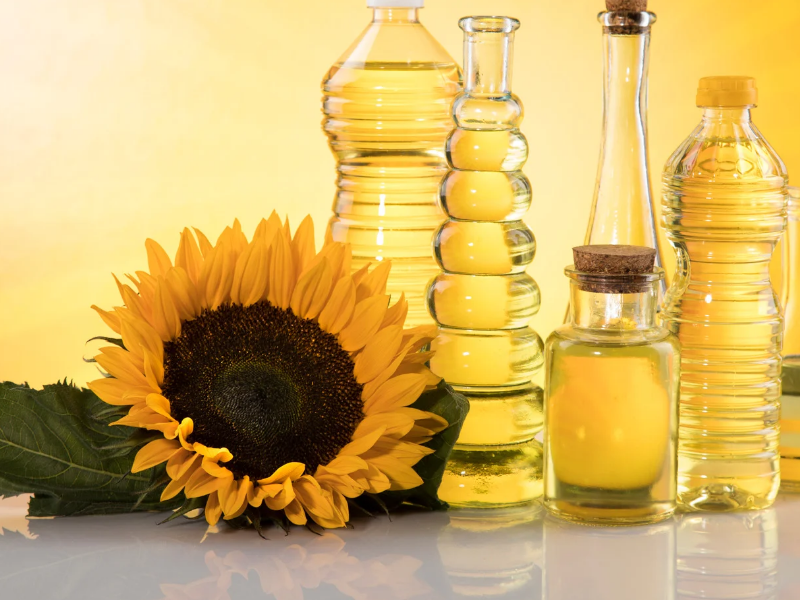
Plant-based oils, such as coconut, olive, and jojoba oils, are derived from nature. Unlike petroleum-based oils, they penetrate the hair shaft, providing nutrients and strengthening the hair from the inside.
Pros:
Nourish hair and help improve elasticity and shine.
Strengthen hair by penetrating the shaft and aiding moisture retention.
Cons:
More expensive than petroleum-based oils.
Bottom Line:
Plant-based oils are the way to go if you’re looking for healthier, longer, and shinier hair.
CHOOSING THE RIGHT PLANT-BASED OILS
Not all plant-based oils work the same way. Here are some things to consider:
Saturated vs. Unsaturated Oils
Saturated Oils: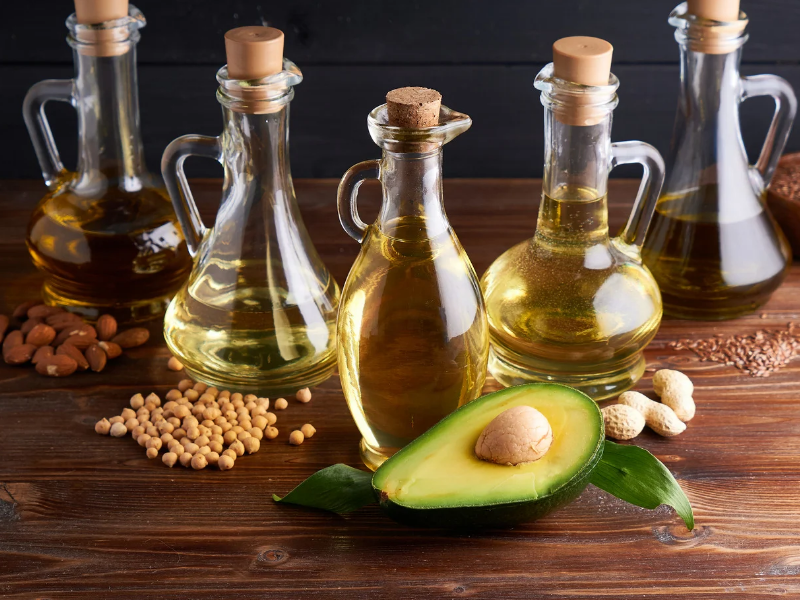
These oils (e.g., coconut, avocado) have a simple, straight molecular structure, allowing them to penetrate hair easily.
Unsaturated Oils: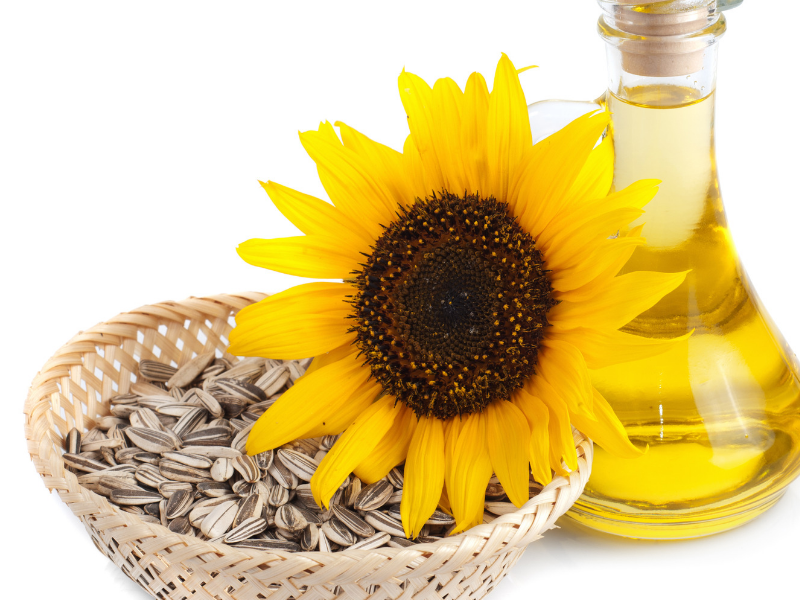
These oils (e.g., sunflower oil) have a more complex structure that doesn’t penetrate as well.
Polar Oils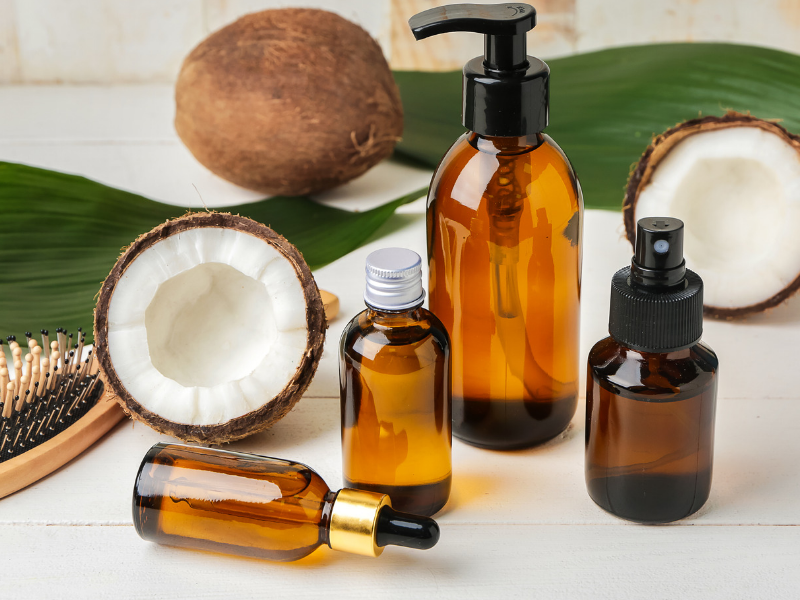
Some oils, like coconut and castor oil, are slightly polar, meaning they can bond with water. This property helps seal in moisture and repair the hair shaft, making these oils especially good for damaged or porous hair.
WHICH OILS ARE RIGHT FOR YOUR HAIR TYPE AND NEEDS?
Choosing the right oil depends on your specific hair type and porosity.
1. Hair Type:
Loose Waves & Curls (Type 2 – 3b):
Light oils like jojoba and grape seed oil work well, as they won’t weigh down the hair.
Tighter Curls (Type 3c- 4a):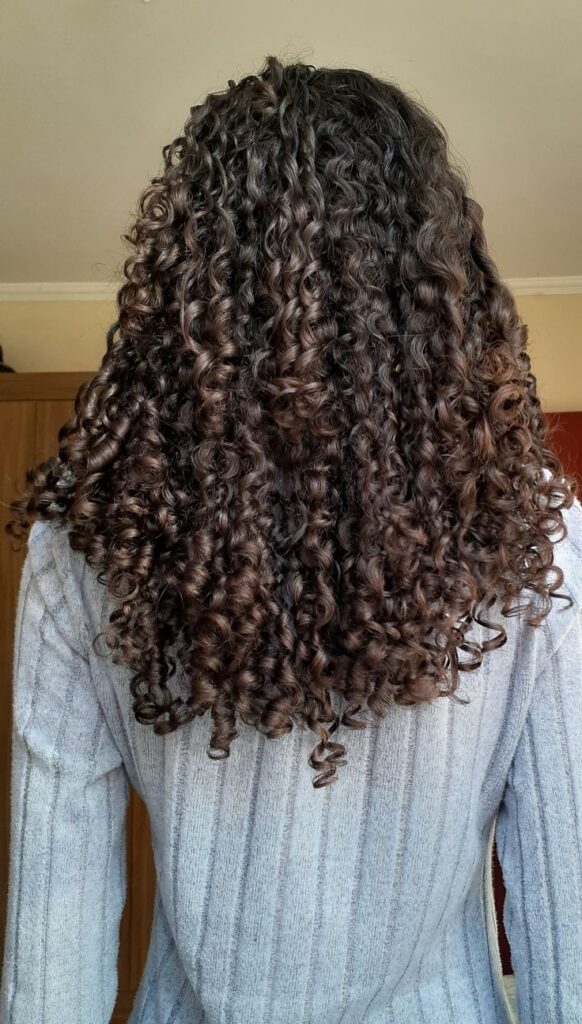
A bit heavier oils, like olive and avocado, can help with frizz and definition.
Coily Hair (Type 4b – 4c):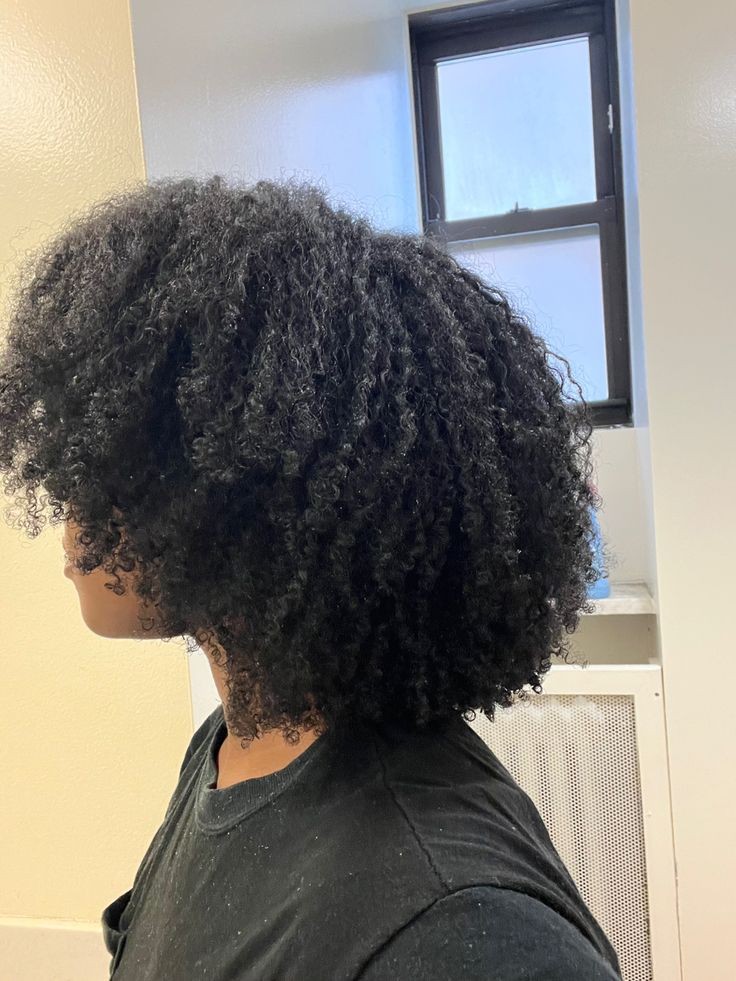
Thicker oils and butters, such as shea butter or castor oil, work best for moisture and definition.
2. Porosity:
Low Porosity: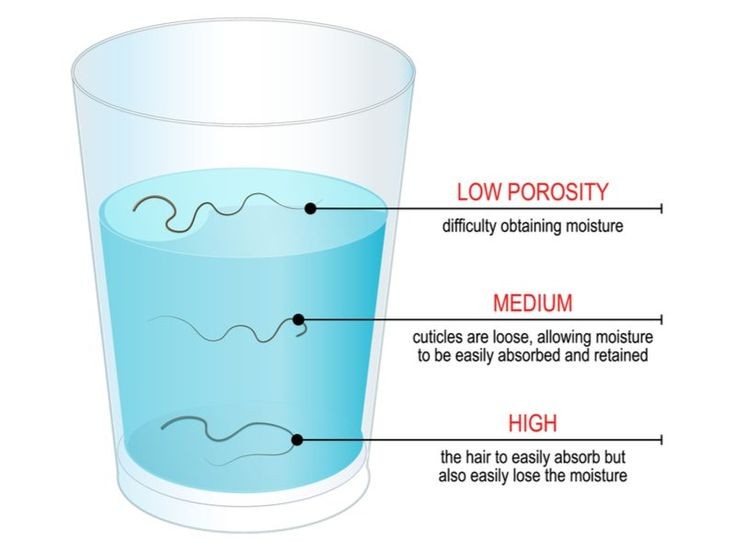
Hair that doesn’t absorb moisture well can benefit from lighter oils, as heavy oils may lead to buildup.
High Porosity:
Hair that easily absorbs moisture but struggles to retain it can benefit from heavier oils like castor or coconut, as they create a stronger moisture barrier.
QUICK TIPS FOR USING OILS ON NATURAL HAIR
Pre-Poo Treatment:
Apply oil before shampooing to protect hair from losing too much moisture during the wash.
Hot Oil Treatment:
Warm oil treatments can be especially beneficial, helping oils penetrate deeper into the hair.
Scalp Massage:
Massaging oil into the scalp can stimulate blood flow and promote hair growth.
TOP PLANT-BASED OILS FOR NATURAL HAIR
Here are some tried-and-true plant-based oils to consider:
Coconut Oil:
Known for its ability to penetrate hair and retain moisture, it’s ideal for high-porosity hair.
Olive Oil: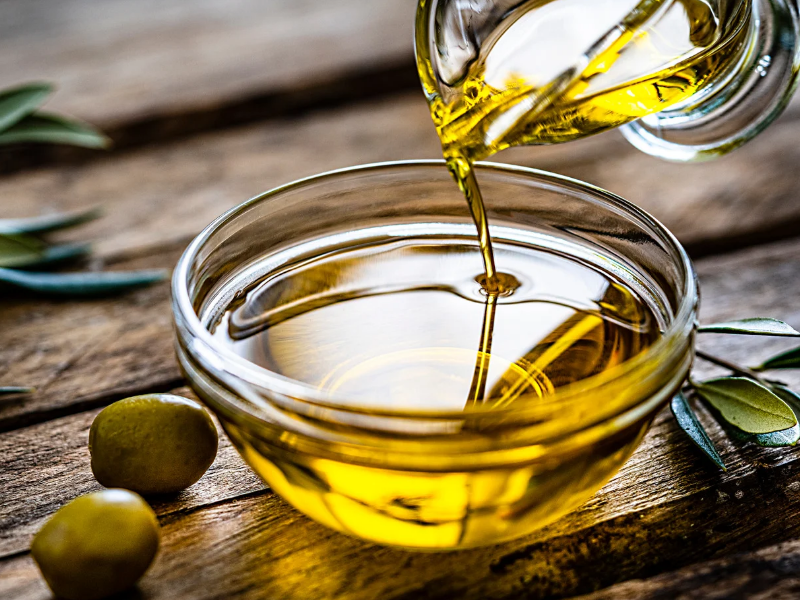
A medium-weight oil that strengthens hair and adds shine.
Jojoba Oil: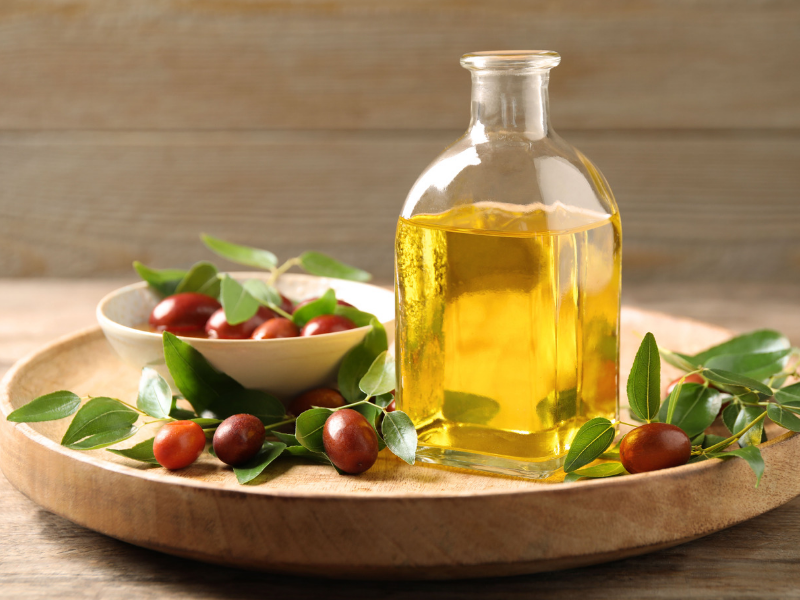
Similar to the natural oils of the scalp, making it excellent for low-porosity or fine hair.
Avocado Oil:
Packed with vitamins, this oil is a great choice for damaged or color-treated hair.
Castor Oil: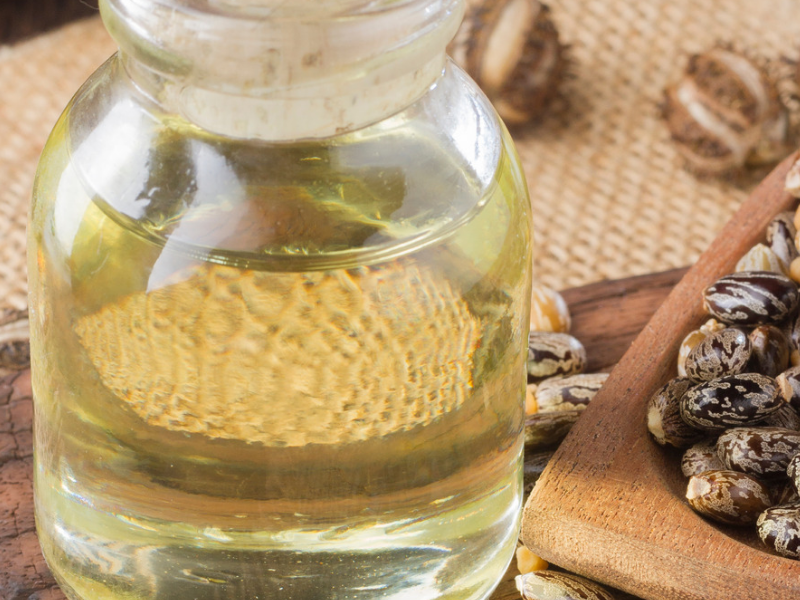
Thick and deeply moisturizing, it’s often used to promote hair growth.
THE BEST HAIR OILS FOR NATURAL HAIR
Understanding your hair’s needs and oil properties can make all the difference in your natural hair journey. Instead of searching for the “best” oil, find one that aligns with your hair type, porosity, and goals.
By selecting oils that nourish and protect, you’ll give your hair the right foundation for growth and health.
Ready to see the difference? Try adding a plant-based oil that matches your hair’s needs into your routine, and watch your hair thrive!
This post showed you you THE BEST HAIR OILS FOR NATURAL HAIR.
